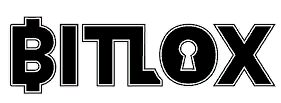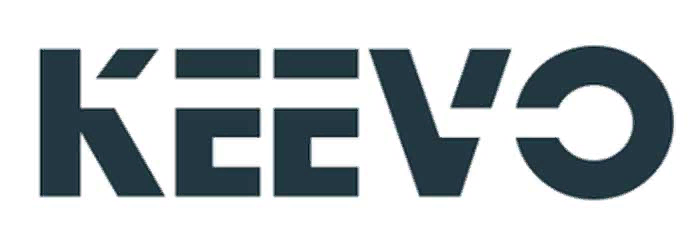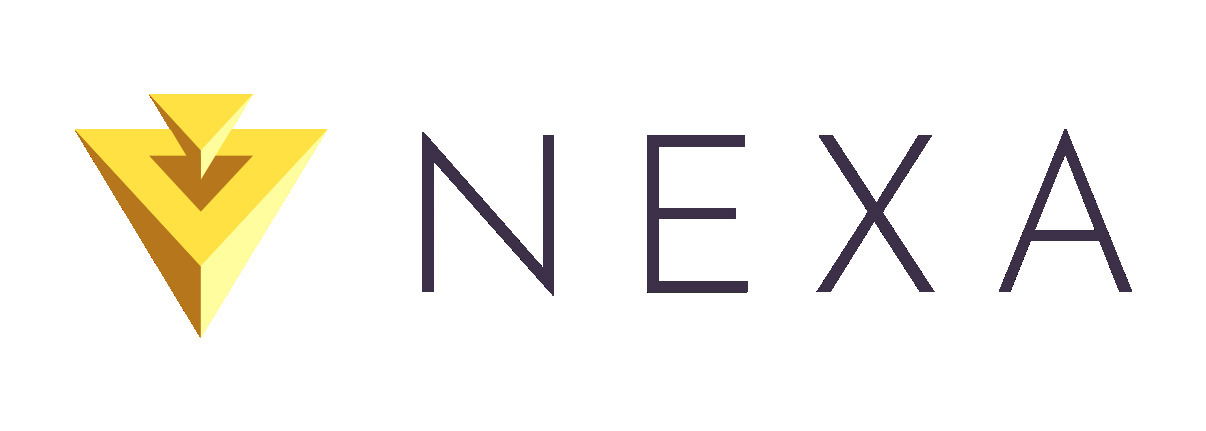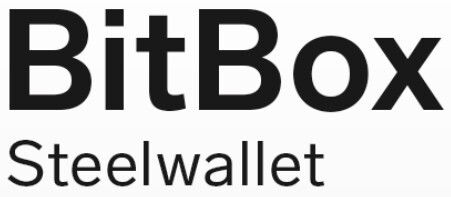The Ultimate Guide Of Choosing a Hardware Wallet

In recent times when online threats are ever-present and the value of your digital assets keeps on rising, it’s absolutely crucial to make sure your cryptocurrencies are always secure. Plus, securing your crypto is not something you can compromise on.
One key aspect of ensuring the safety of your crypto assets is having the right hardware wallet. But it can be a bit overwhelming to choose one, with numerous options available on the market, each with its own set of features.
In this guide, we’re going to break things down so you can confidently choose an all-encompassing, right hardware wallet that keeps your digital wealth safe and sound.
What Is a Hardware Wallet?
A hardware wallet is a physical gadget just for storing the keys you need to handle your digital coins. Way safer than those software wallets on your computer or phone, because hardware wallets keep those keys offline, away from online dangers like malwares and phishing attacks. This inherent isolation provides a robust layer of security, particularly when compared to paper wallets or other non-hardware alternatives.
How to Choose the Right Hardware Wallet?
When it comes to selecting the perfect hardware wallet, it’s crucial to focus on core features that ensure the safety and accessibility of your digital assets. Here’s a breakdown of key considerations:
PIN Protection and Passphrase Options
A rock-solid PIN is your first line of defense against your crypto assets. Make sure your hardware wallet is rocking this feature. And for that extra layer of ‘ain’t-no-hacking-this,’ go for one that lets you use a passphrase. If you use it in a passphrase alongside that seed phrase, it’s like adding an extra secret code on top. Even if someone gets their hands on your seed phrase, they’re still locked out without that special passphrase.
Trusted Display and Button
A reliable display ensures users can review and double-check transaction summaries, verify information and addresses, and authenticate actions with a PIN or password. Plus, with those physical buttons, you get to confirm and give the green light to transactions only when you’re good and ready. It’s like having your own double-check system, making sure your transactions are safe and sound.
Open Source (Transparency)
When you’re picking a hardware wallet, go for one that is more transparent with its open-source software. Why? ‘Cause it lets the community dig into the code, spot out any bugs, and shows the maker’s seriousness about security. Plus, these open-source wallets get regular updates and improvements that keep rolling in for the long haul. In this context, Cypherock stands out, as it, too, is built on open-source software. This seamless integration reinforces our dedication to transparency and aligns with the ethos of open-source principles.
Compatibility with Operating Systems
Look for one that’s not picky about operating systems; it should be compatible with various OSs like Windows, macOS, and Linux. This way, no matter what device you’re using, your hardware wallet is ready to sync up.
Range of Supported Cryptocurrencies and Tokens
Now, onto the main thing - the cryptocurrencies and tokens it’s willing to host. You want a hardware wallet that’s not playing favorites. Check out its list of supported digital currencies. Bitcoin? Obviously. Ethereum? Sure thing. But what about the less mainstream ones? The more, the merrier. A diverse range means you’re not limited to just the big shots; you can diversify your crypto portfolio without switching wallets. In line with this flexibility, Cypherock supports a bunch of cryptocurrencies and tokens, giving you the freedom to manage your digital assets, no matter how varied they are.
Audit Assurance
When a wallet gets audited and scrutinized, it’s like giving it a super-strict security check to ensure that the wallet is legit, transparent, and trustworthy. If a wallet goes through this intense checkup, it’s like getting a seal of approval that says, “Hey, your digital assets are in safe hands!” It’s basically the manufacturer’s way of saying, “We got your back and we’ve fixed any potential weak spots.” Speaking of such thorough security measures, Cypherock takes this commitment seriously by being audited by Keylabs and scrutinized by WalletScruitiny, ensuring that their users can have complete confidence in the safety and integrity of their digital assets.
Server-based Authentication
Integrating server-based authentication into a hardware wallet adds an extra layer of security by verifying the integrity of the device’s components. It involves the server communicating with the device during the booting process, and the device’s response serves as confirmation that its components are secure. This approach prevents unauthorized access and protects against potential malicious alterations to the device.
Tamper-proof
Make sure your hardware wallet has a tamper-proof design. This means that once it sets up and seals the deal with your seed phrase, it’s resistant to tampering. So, if anyone tries messing with it afterward, there’ll be obvious signs like scratches and damage, providing clear alerts against any unauthorized access.
Conclusion
Now that you know how to select a hardware wallet, your journey to securing your digital assets begins with informed choices. In safeguarding your crypto wealth, choose wisely, choose confidently, and choose a hardware wallet that aligns with the standards outlined in this comprehensive guide.
Additionally, we recommend articles on the topic of choosing a hardware wallet:

Learn more about the best TOP 30 hardware cryptocurrency wallets
You can see this list here.
TOP 30 Hardware Wallets, the Official Online Stores
| 1 |  | Trezor hardware wallet, the official online store |  |
| 2 |  | Ledger hardware wallet, the official online store |  |
| 3 |  | KeepKey hardware wallet, the official online store |  |
| 4 |  | BitBox02 hardware wallet, the official online store |  |
| 5 |  | CoolWallet hardware wallet, the official online store |  |
| 6 |  | ELLIPAL hardware wallet, the official online store |  |
| 7 |  | D'CENT hardware wallet, the official online store. |  |
| 8 |  | SafePal hardware wallet, the official online store |  |
| 9 |  | SecuX hardware wallet, the official online store |  |
| 10 |  | BC Vault hardware wallet, the official online store |  |
| 11 |  | BitLox hardware wallet, the official online store |  |
| 12 |  | Keystone hardware wallet, the official online store |  |
| 13 |  | ProKey hardware wallet, the official online store |  |
| 14 |  | NGRAVE hardware wallet, the official online store |  |
| 15 |  | Keevo hardware wallet, the official online store |  |
| 16 |  | GridPlus hardware wallet, the official online store |  |
| 17 |  | Ballet hardware wallet, the official online store |  |
| 18 |  | OPOLO hardware wallet, the official online store |  |
| 19 |  | Foundation (Passport) hardware wallet, the official online store |  |
| 20 |  | ImKey hardware wallet, the official online store |  |
| 21 |  | Tangem hardware wallet, the official online store |  |
| 22 |  | HashWallet hardware wallet, the official online store |  |
| 23 |  | Material Bitcoin hardware wallet, the official online store |  |
| 24 |  | ShieldFolio hardware wallet, the official online store |  |
| 25 |  | OneKey hardware wallet, the official online store |  |
| 26 |  | Blockstream Jade hardware wallet, the official online store |  |
| 27 |  | Cypherock hardware wallet, the official online store |  |
| 28 |  | Keepser hardware wallet, the official online store |  |
| 29 |  | NEXA hardware wallet, the official online store |  |











































